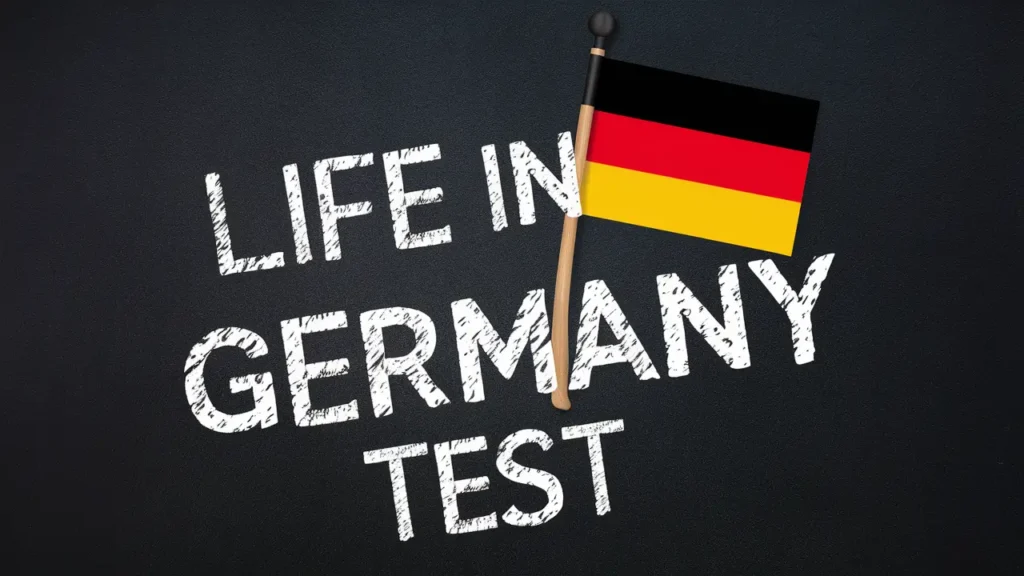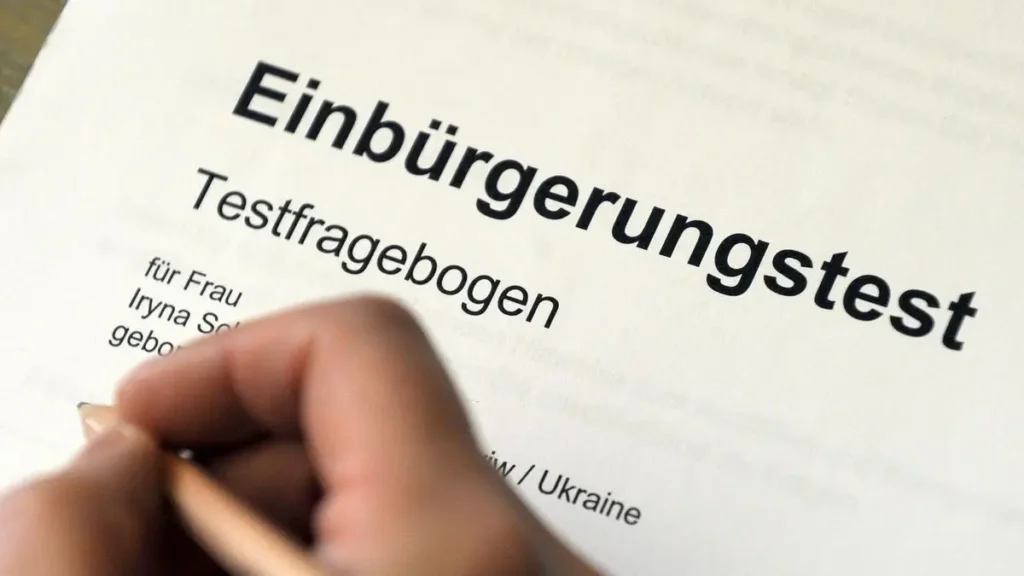Why is the German citizenship process Moving at a Snail’s Pace?In recent years, have you noticed that the German Naturalization process is taking much longer than expected? Despite Germany’s strong reputation for efficiency, why has the journey to becoming a German citizen become so drawn out? What factors are contributing to these delays, and how might recent legislative changes impact the timeline? Let’s explore these questions and uncover the reasons behind the slowdown in the citizenship process.
Factors of German citizenship Process Delays
The German citizenship process has traditionally been known for its thoroughness, but recent years have seen unprecedented delays. Several factors contribute to this situation:
- Increased Applications: The number of citizenship applications has surged, partly due to Brexit and global political uncertainties. This influx has overwhelmed the system, leading to longer processing times.
- Staffing Shortages: Many citizenship offices are understaffed, struggling to keep up with the volume of applications. The complex nature of citizenship cases requires trained personnel, and hiring and training new staff takes time.
- Document Verification: The German Naturalization Procedure involves rigorous document checks. Verifying the authenticity of documents from various countries can be time-consuming, especially when additional inquiries are necessary.
- Integration Course Backlogs: Applicants are required to complete integration courses, but there are often long waiting lists for these courses, further delaying the process.
- Legislative Changes: The recent changes in German citizenship law, while aimed at simplifying the process in the long run, have initially created some confusion and adaptation periods for both applicants and officials.
The new German citizenship law, which came into effect in 2023, introduces several changes:
While these changes are generally positive, they have temporarily added to the workload of citizenship offices as they adapt to new procedures and guidelines. This adaptation period contributes to the current delays in the German Naturalization Procedure.
Improving Naturalization Process
To address these challenges, the German government is taking steps to streamline the process:
- Digitalization: Efforts are underway to digitize more parts of the application process, reducing paperwork and speeding up document verification.
- Increased Staffing: Some regions are allocating more resources to citizenship offices to help clear backlogs.
- Simplified Procedures: The new law aims to simplify some aspects of the process, potentially reducing processing times in the future.
- Enhanced Communication: Improved communication channels between applicants and offices are being established to provide more transparent updates on application status.
While these measures are promising, it will take time for their effects to be fully realized. Applicants currently in the German citizenship process should prepare for potential delays and ensure they have all necessary documents ready to avoid further holdups.
While the path to German citizenship may be longer than expected, understanding the reasons behind these delays can help applicants navigate the process with patience and preparedness. As the system adapts to new laws and increased demand, we can hope for a more efficient German citizenship process in the future.




